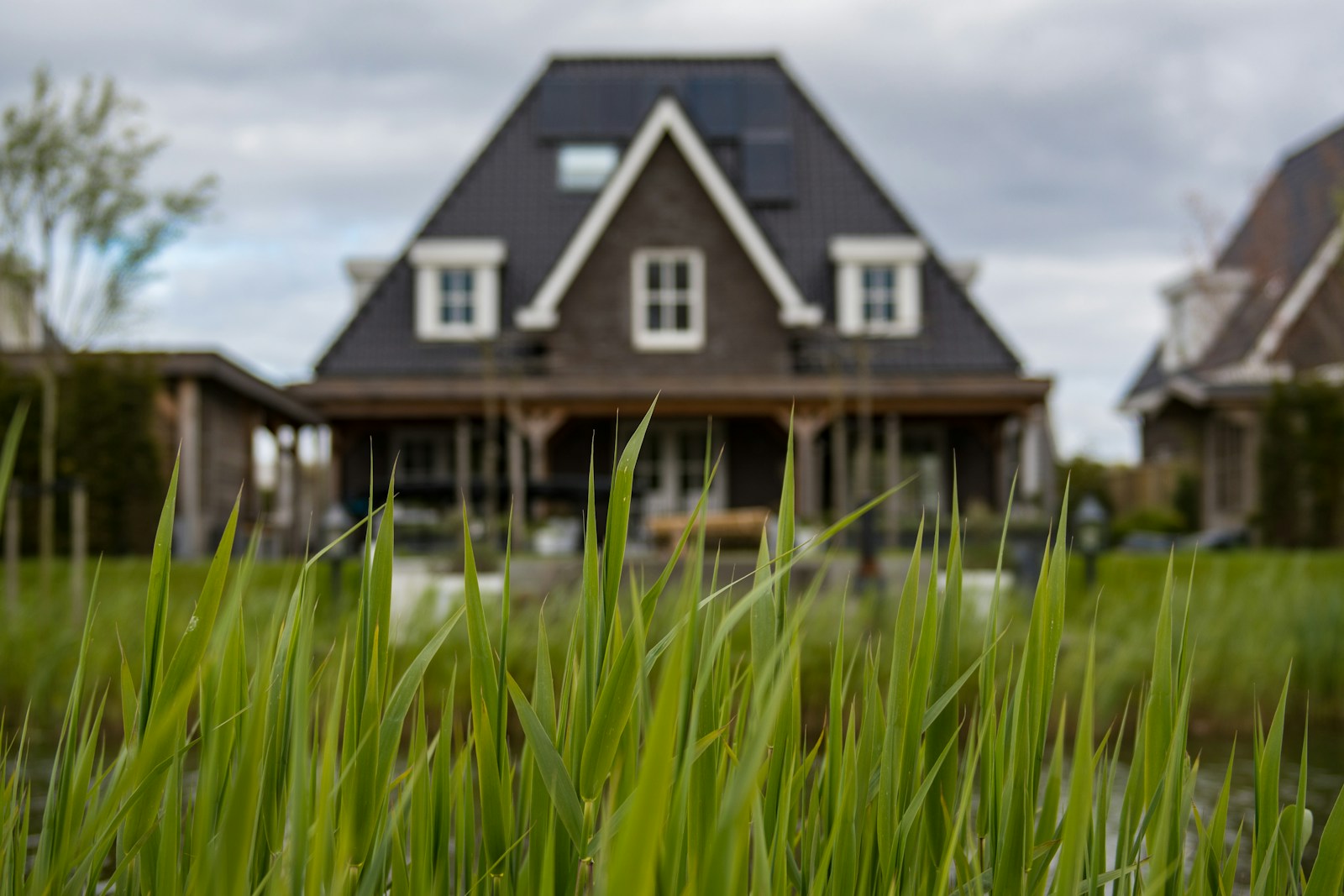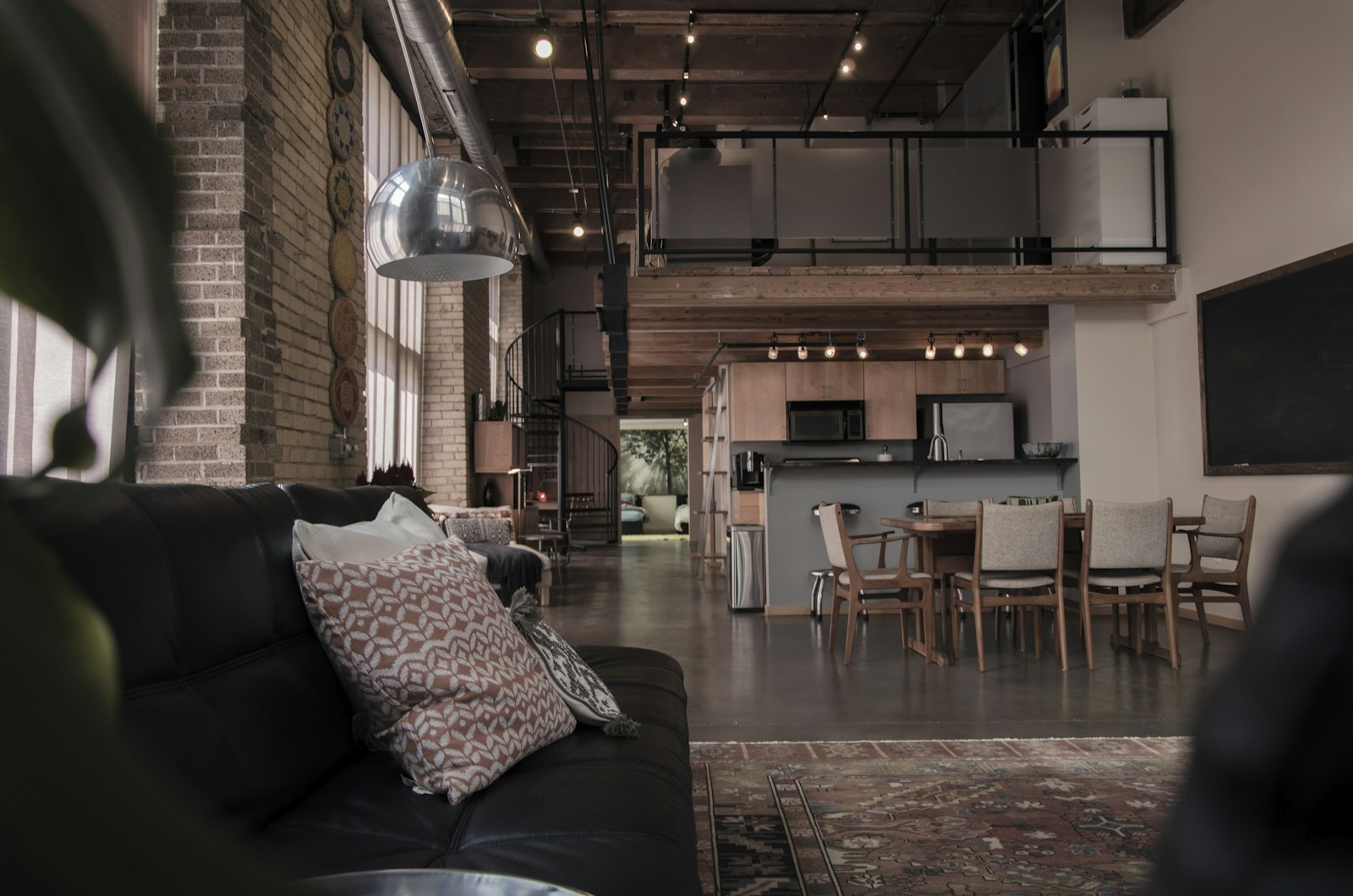Always a lot of back and forth with this topic. You get people from both sides with their stance on the matter, however here’s mine! Which I feel I make a good case!
Either way you have your cost of housing, may it be through rent or a mortgage. When you rent you are at the mercy of the market. Rental rates can increase when you are no longer locked into a lease, often fluctuation with the inflating cost of living. There are rules you must follow and you have the landlord to worry about! Hopefully they are good, hopefully they will keep up the property and as things break or need maintenance, they are on it. Hopefully they are satisfied with the amount your paying and wont increase at renewal. Hopefully they don’t want to sell, hopefully they give you your damage deposit back, hopefully, hopefully. Lots can change and is out of your control, when the one behind the wheel is not you!
Now lets look ahead 25 years down the road. 25 years of paying $2,000 monthly rent = $600,000. After 25 years as a tenant nothing will have changed, your still going to have to pay rent. What about in 50 years, still rent! With how inflation is right now, at what rent was 10 - 15 years ago. You really think that your $2,000 rent will stay $2,000 for your decades to come? If you leave or want to move, there is no refund. You literally are paying into someone else’s investment! Why not pay into your own? Really ask yourself why? Even if you think you might want to move in couple years, then move. Sell it or rent it out! I have many clients whom purchased locally and now live abroad but have their properties rented out.
Where after 25 years of home ownership, your mortgage is now completely paid off. The amount you purchased the home for most likely has grown due to inflation, so now you have even more equity. Once you got to your 2nd or 3rd mortgage renewal you start to notice the monthly cost lowering. Which there’s also many ways to pay off your mortgage faster (biweekly payment, extra payments per year). Yes with ownership comes extra expenses. The cost of property insurance, property taxes, maintenance and repairs. Which even if you only got half the money you spent back all those years, or even 25%. It will always be far more the what you get as a renter. As renting is a return of $0. It’s also way easier to retire and live life when your rent is already paid off!
You can even get savvy and become the landlord and have others pay towards your mortgage. I have many clients and friends whom live in their homes for free with income coming from their properties in some form. Now these days we see basement suites, garden suites, garage suites, room rentals, garage/shop rentals, land etc. Which the Canadian government in 2024 has even made 2 steps towards helping Canadians get funding with turning their properties into investment suites! If you can get onboard with rental income in some form on your property, your setting yourself up for something amazing!
Ready to be a homeowners? Click to get set up https://wingspanrealty.ca/contact.html



